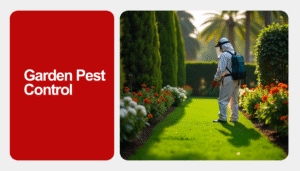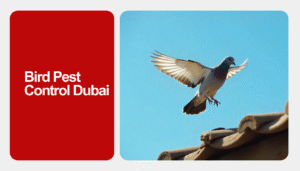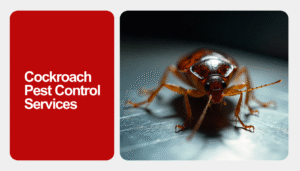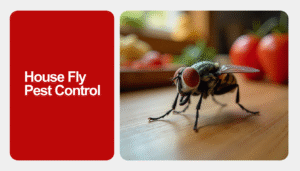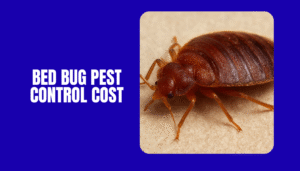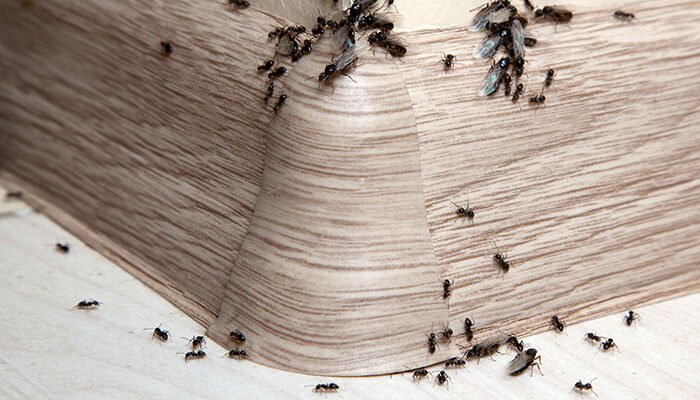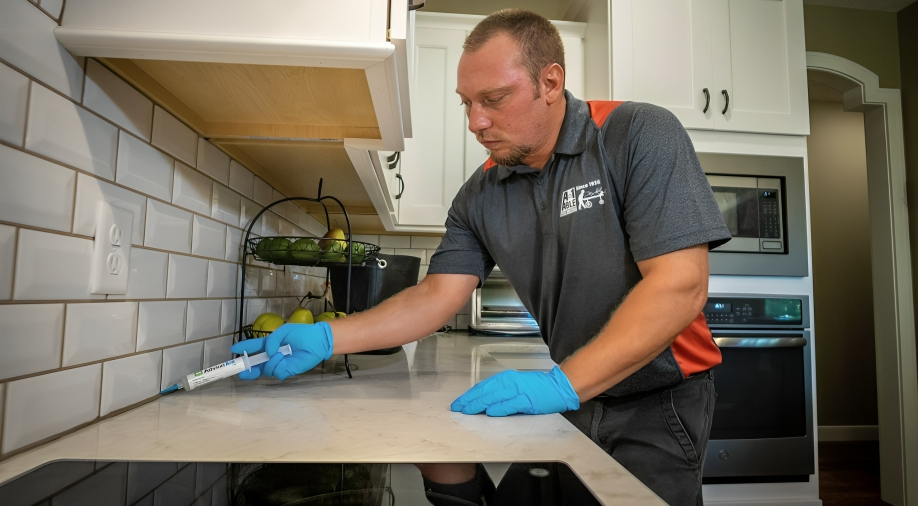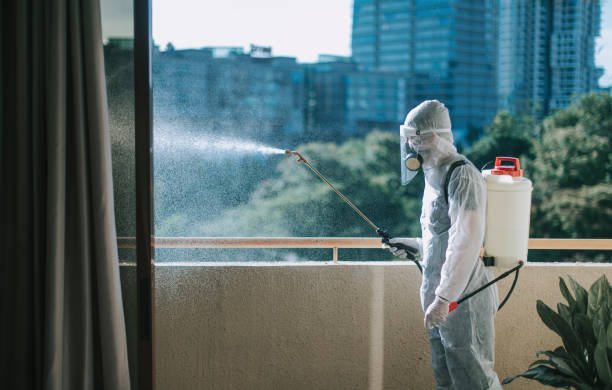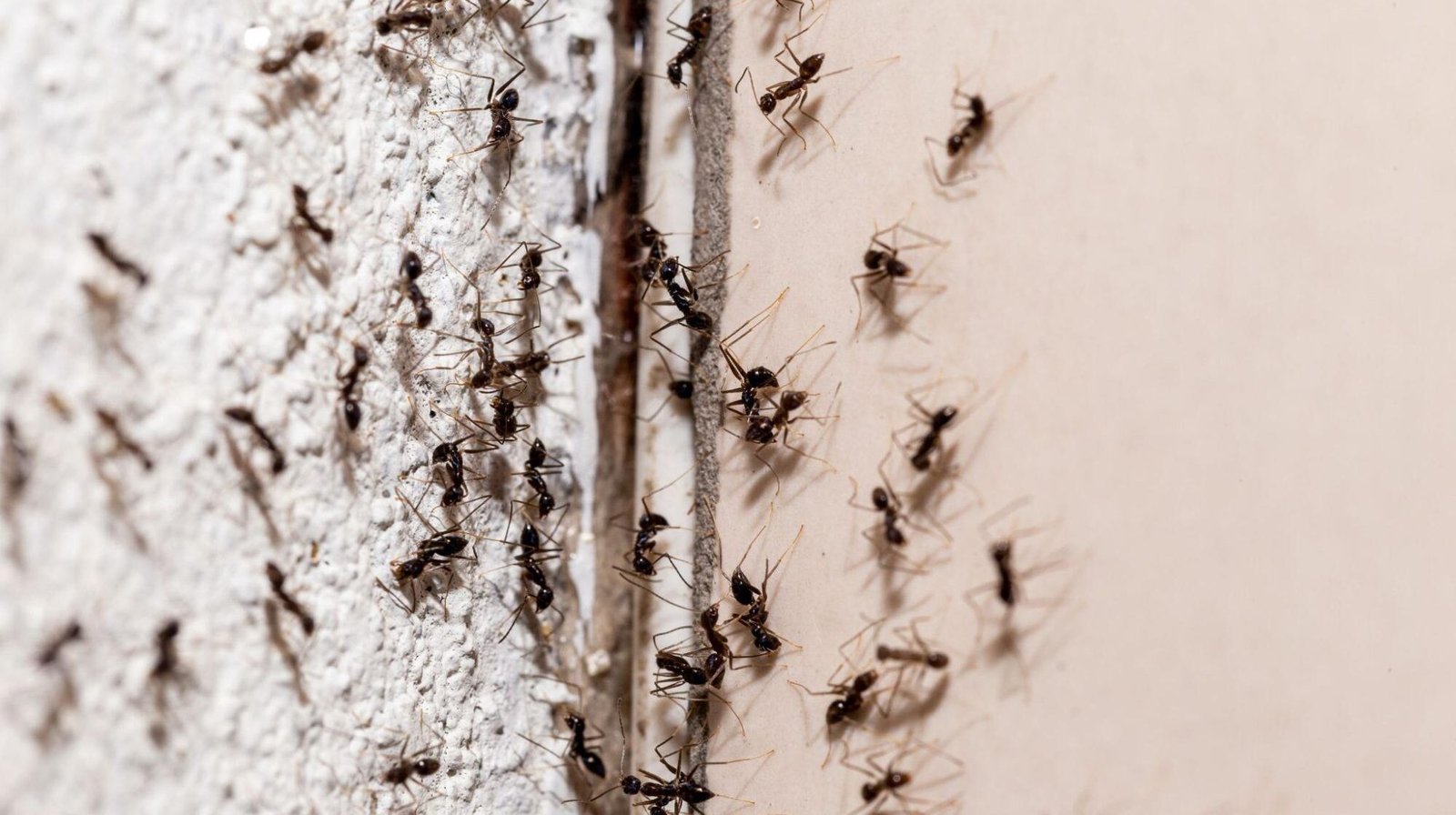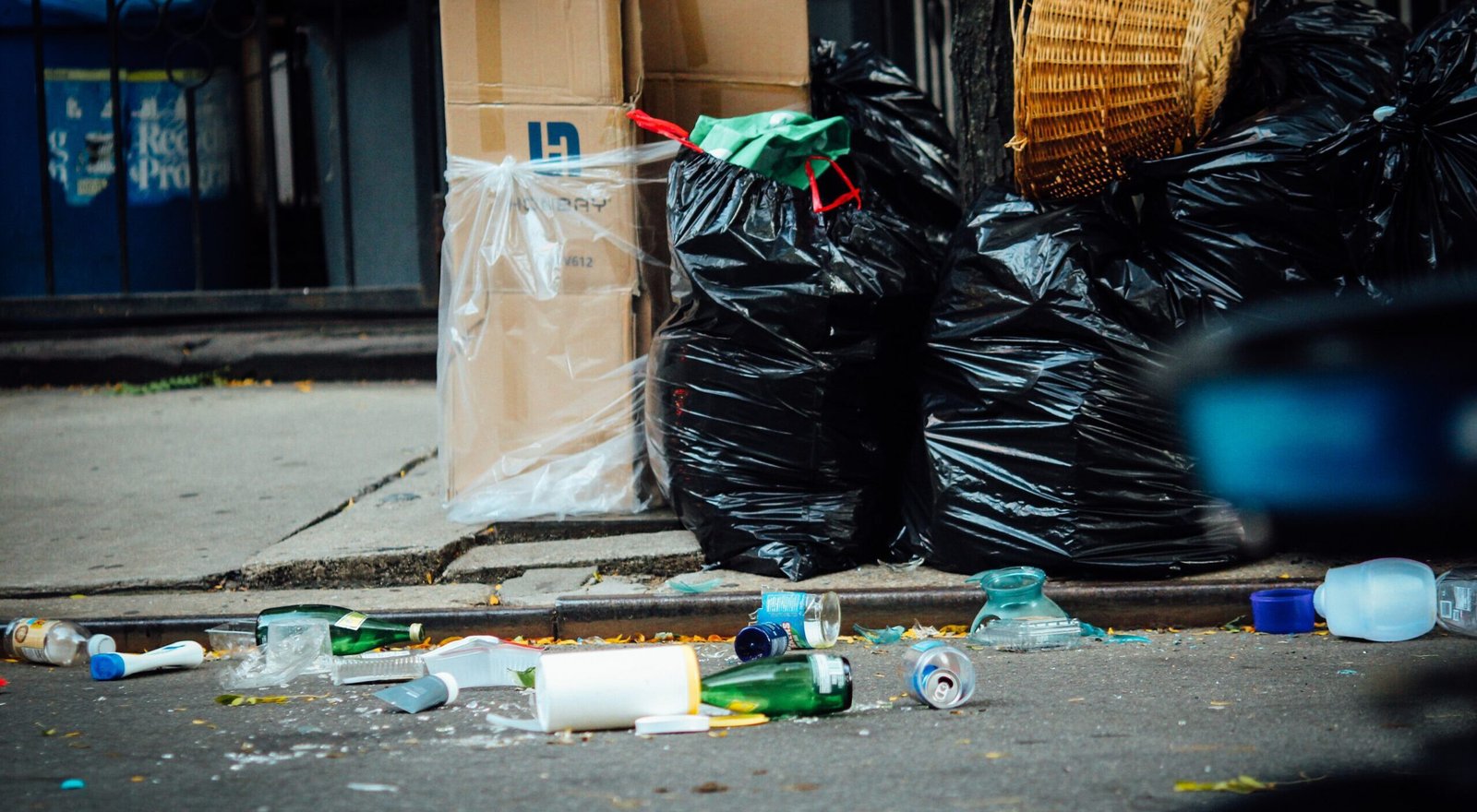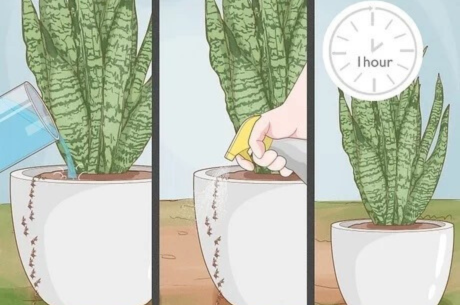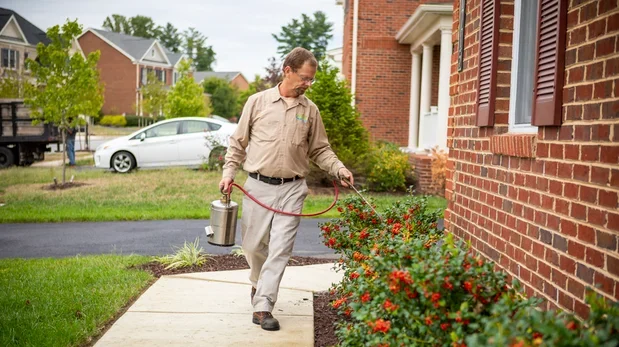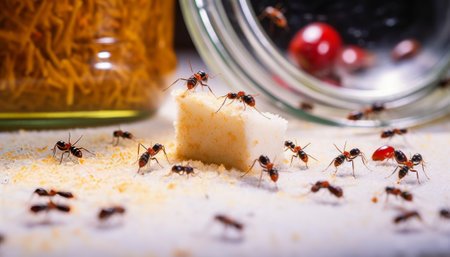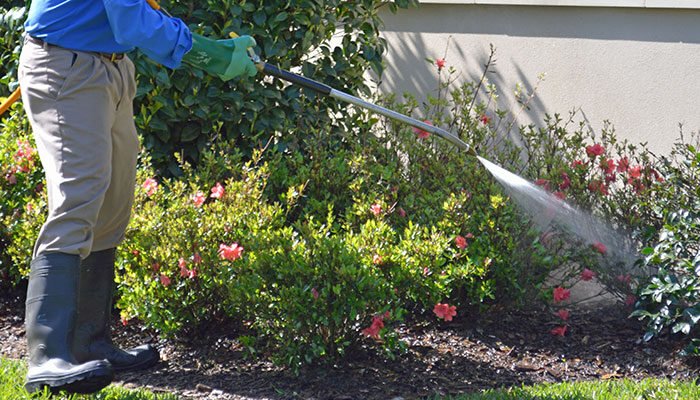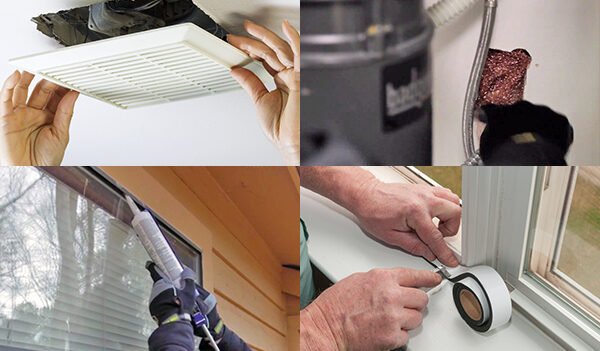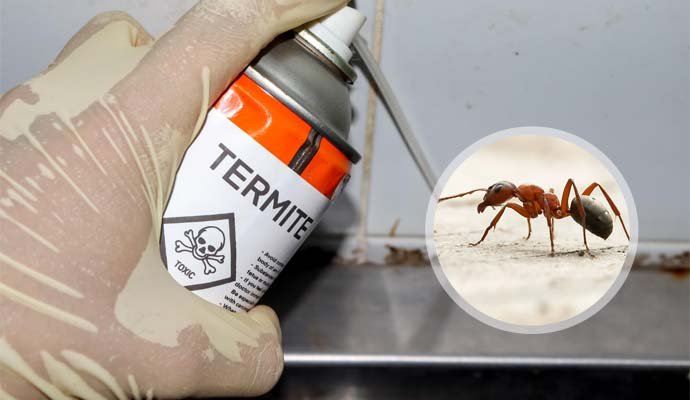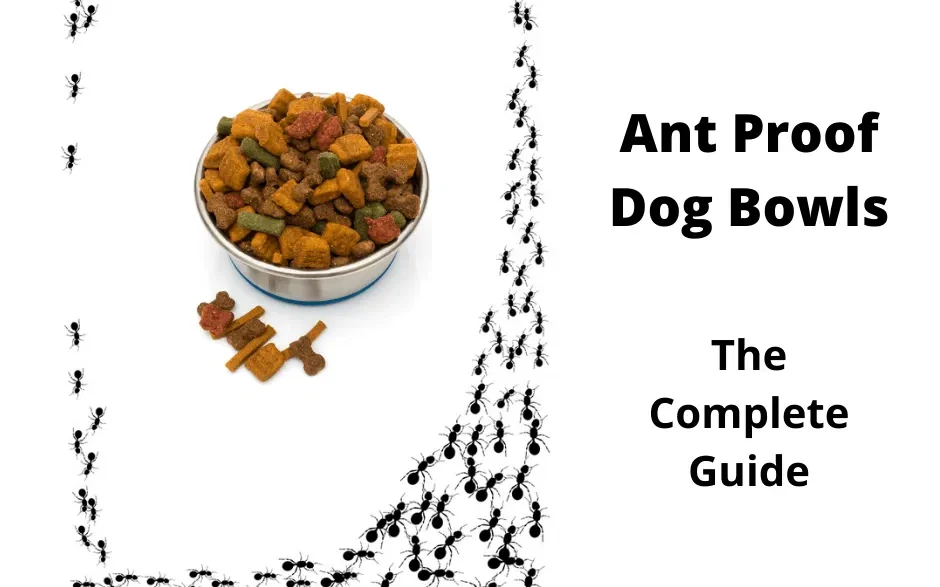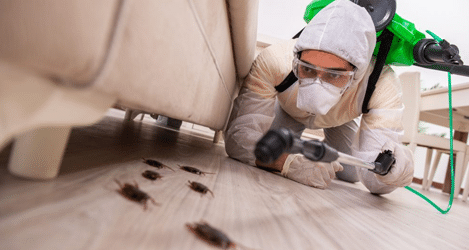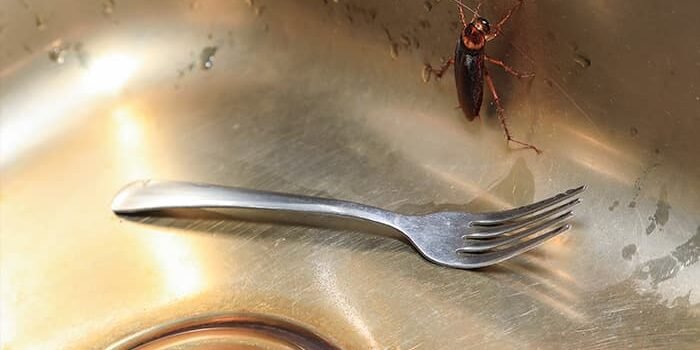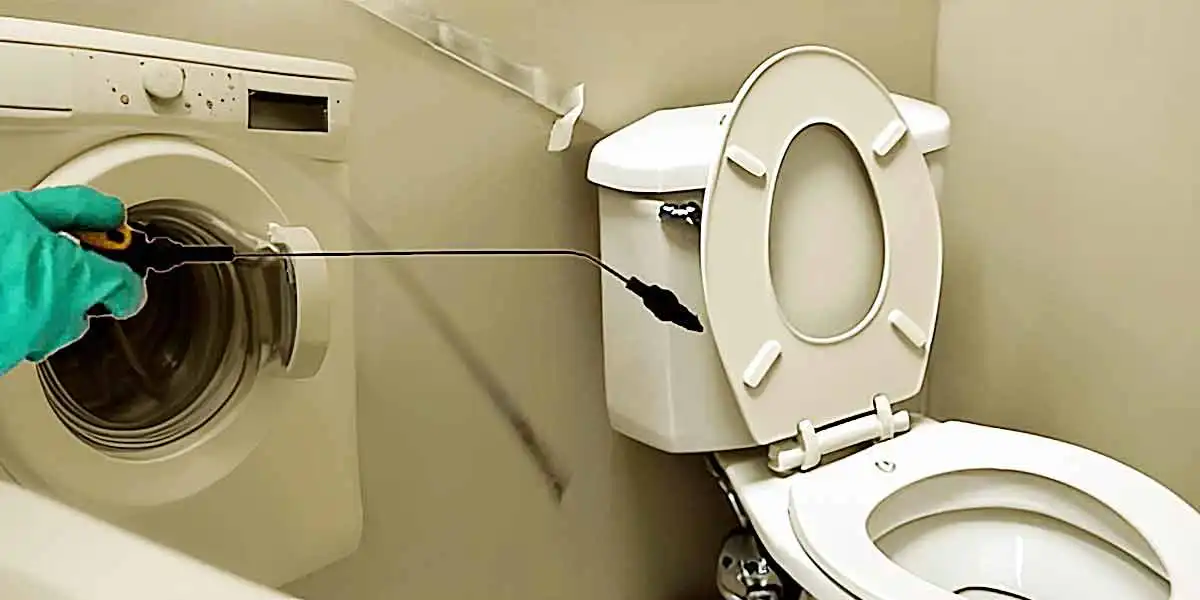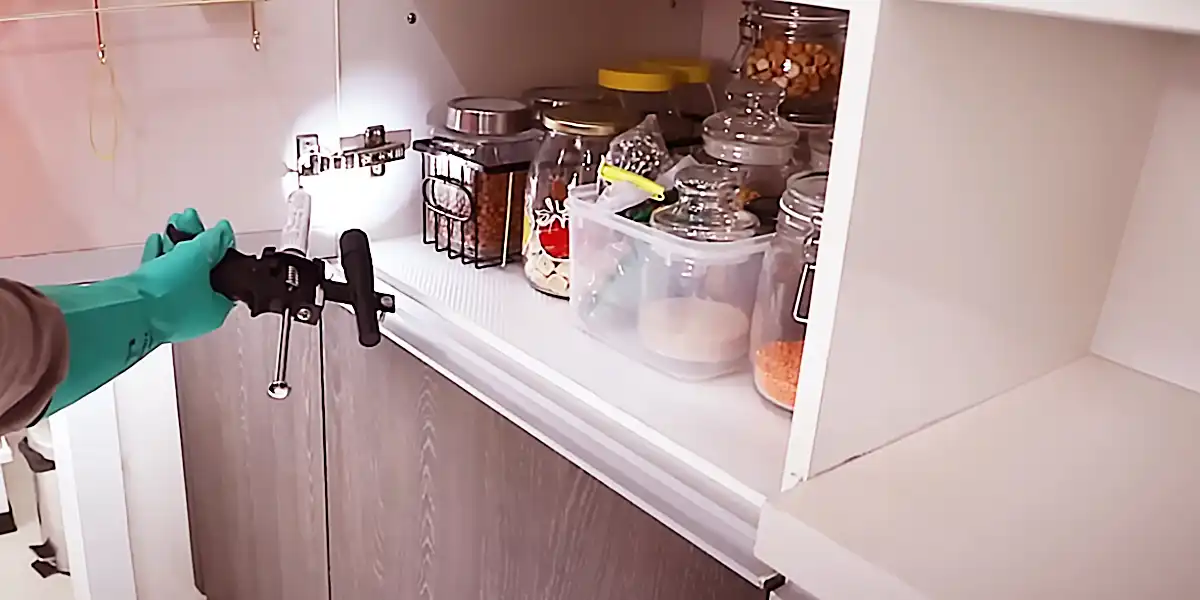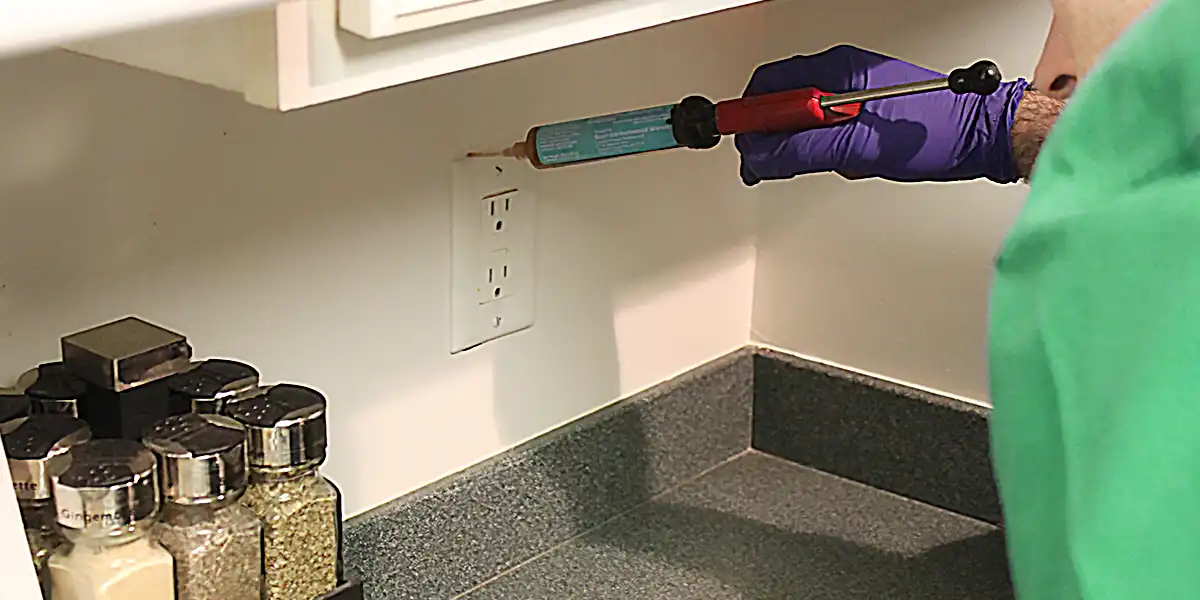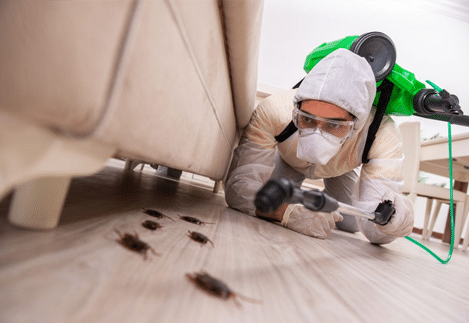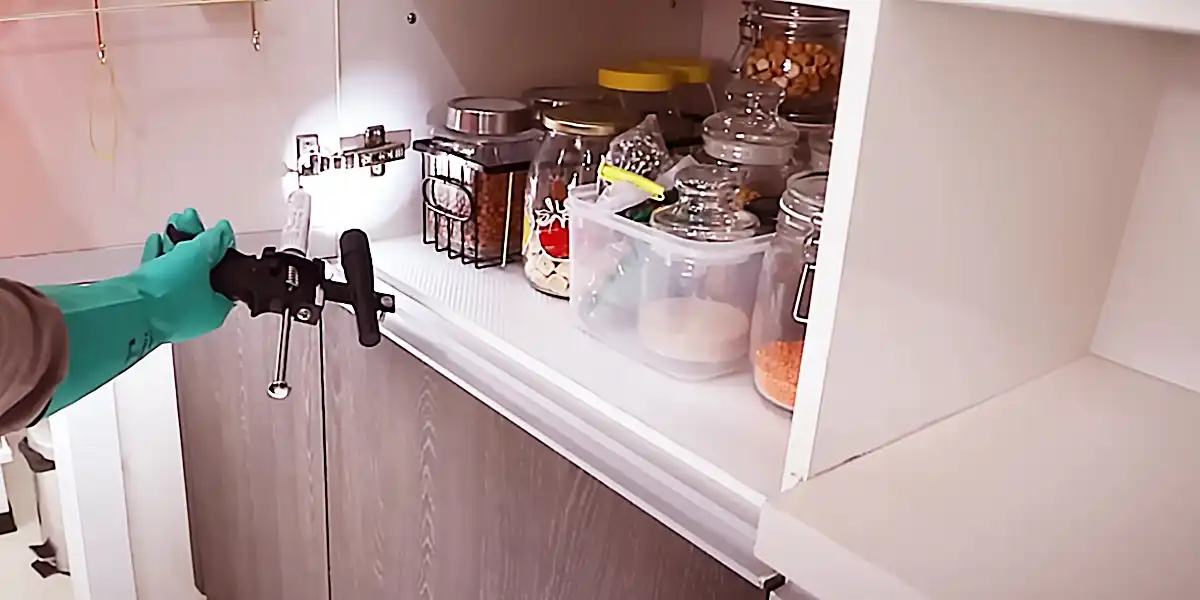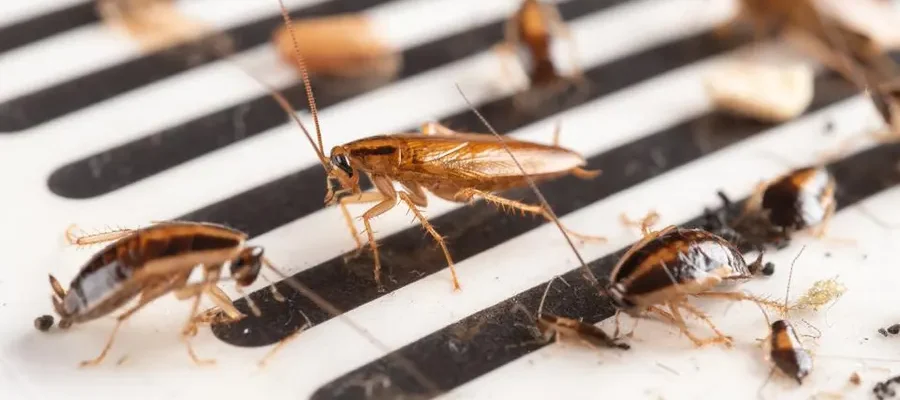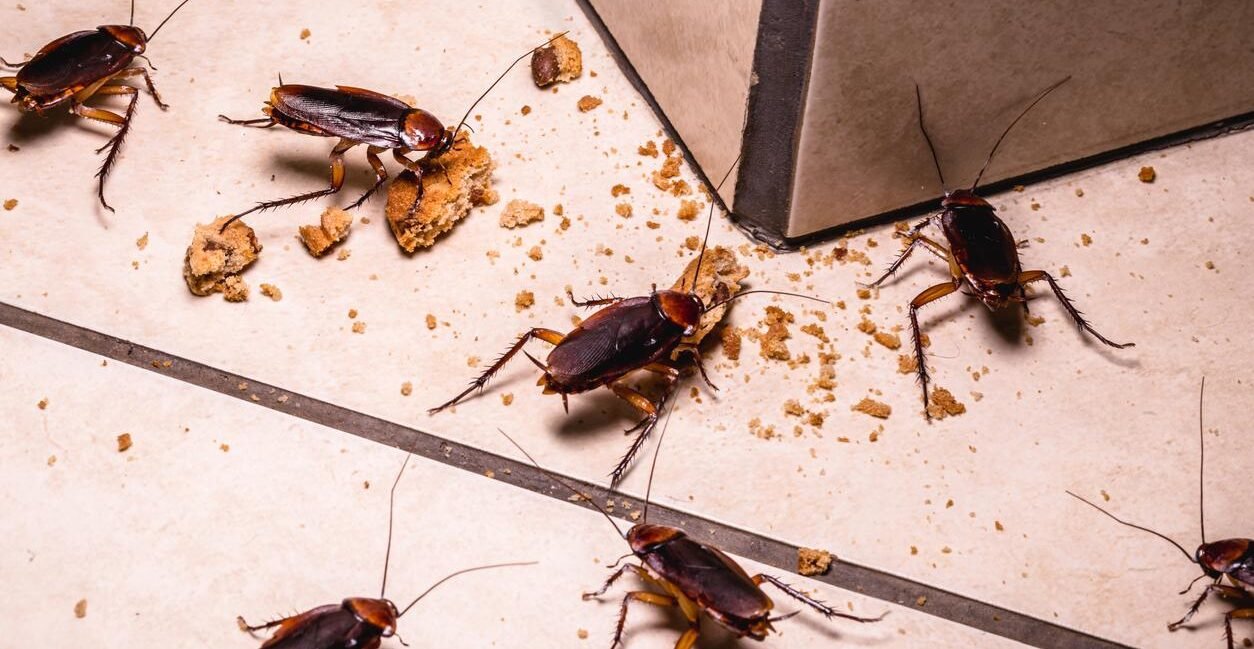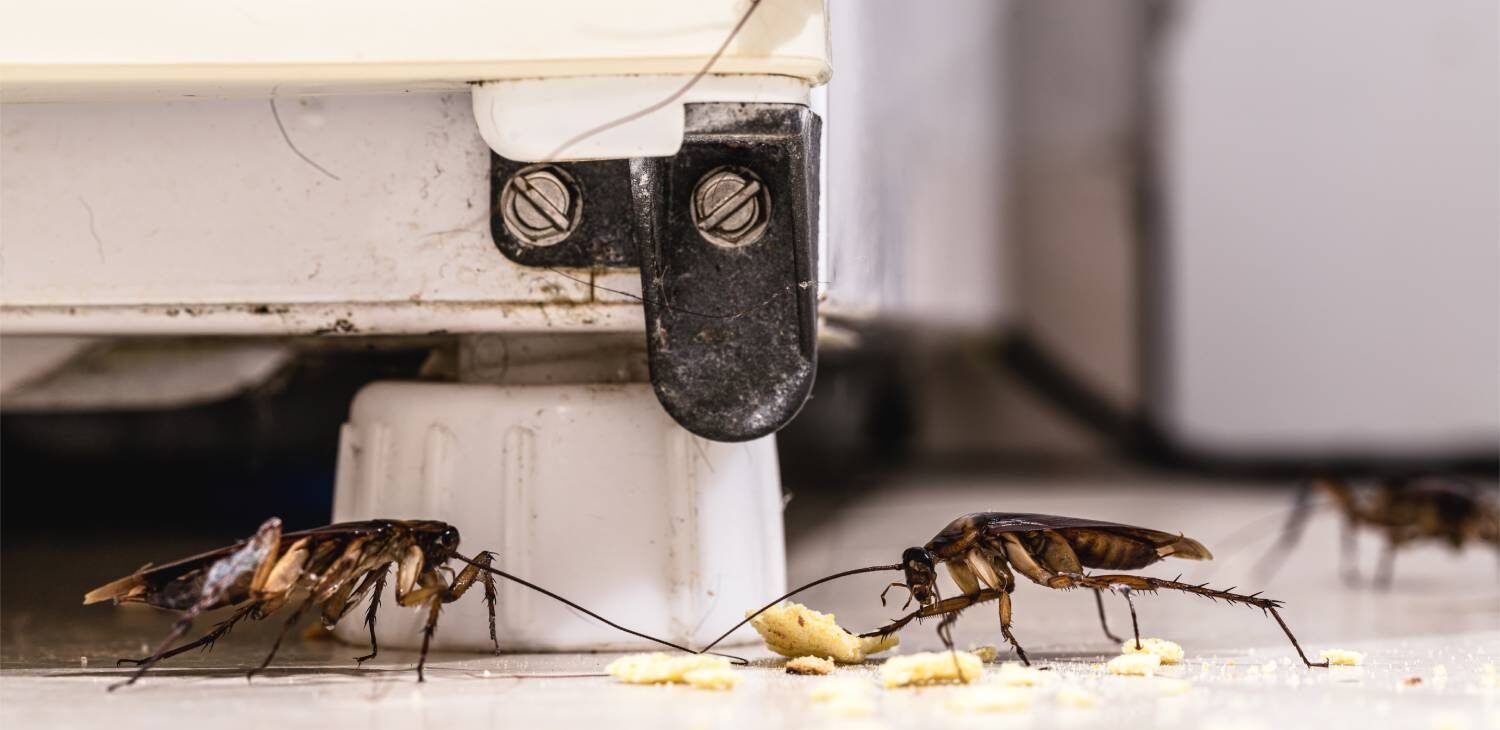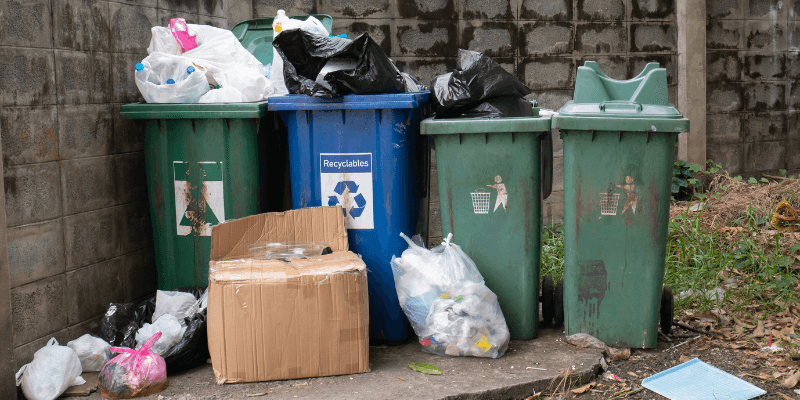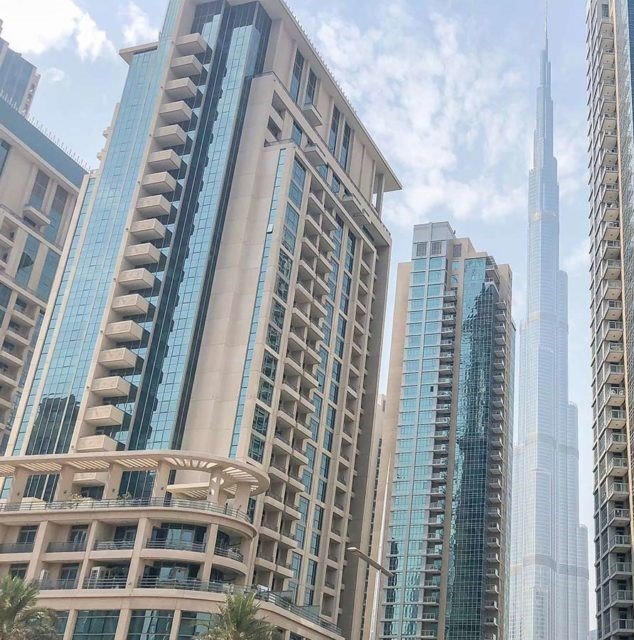Living in Dubai and Sharjah means dealing with a unique set of pest challenges due to the warm climate and urban environment. Whether you’re a homeowner, business owner, or property manager, understanding what is pest control and how it works is essential for maintaining a healthy, safe environment. This comprehensive guide will explore everything you need to know about pest management, from basic concepts to advanced control methods used in pest control Dubai.
What is Pest Control and Why Does It Matter?
What is pest control? Simply put, pest control is the process of managing and eliminating unwanted organisms that pose threats to human health, property, or comfort. These organisms, commonly known as pests, include insects, rodents, and other creatures that can cause significant problems when left unchecked.
In the UAE’s climate, pest control becomes particularly crucial as the warm temperatures and humidity create ideal breeding conditions for various pest species. Understanding what is pest control helps property owners make informed decisions about protecting their spaces from infestations that can damage property, contaminate food sources, and pose health risks.
The importance of pest control extends beyond simple comfort. Pests can spread diseases and contaminate food, making professional intervention essential for maintaining food safety standards in both residential and commercial settings. This is why what is pest control remains one of the most frequently asked questions among Dubai and Sharjah residents.
Common Pests in Dubai and Sharjah
Insect Pests
The UAE’s climate supports numerous insect species that can become problematic. Cockroaches are among the most persistent pests, thriving in warm, humid environments and capable of rapid reproduction. These insects can contaminate food surfaces and spread various pathogens throughout homes and businesses.
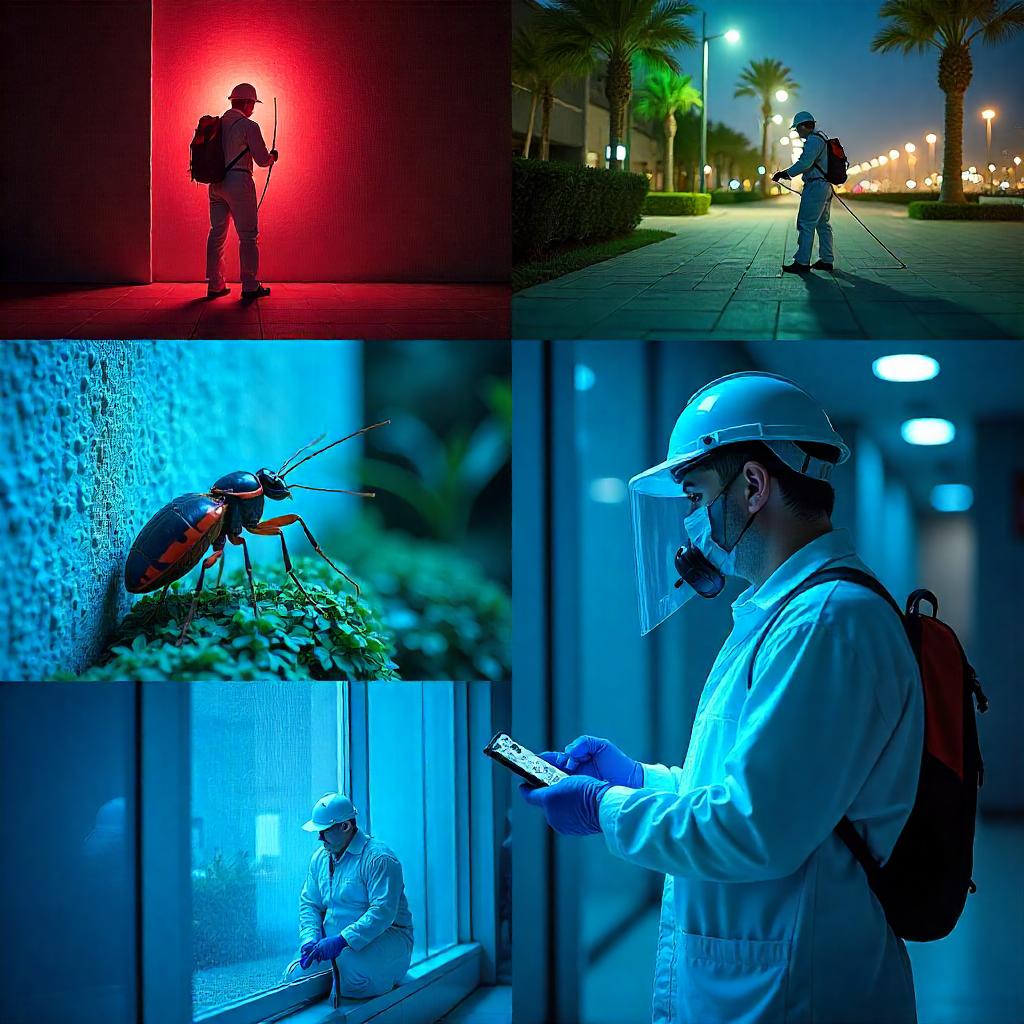
Another major challenge is ants, and some of them are prevalent in the area. They create large colonies and are able to create paths to food sources very fast. Similarly, various insect species including flies and mosquitoes pose ongoing challenges for residents and businesses alike.
Rodent Problems
Rodent control remains a priority concern across Dubai and Sharjah. Rats and mice are particularly problematic as they can cause structural damage by gnawing through materials, contaminate stored food products, and reproduce rapidly under favorable conditions. These rodent species are excellent climbers and can access buildings through surprisingly small openings.
Mouse infestations often go unnoticed initially due to their small size and nocturnal habits. However, a single mouse can produce dozens of offspring annually, making early intervention crucial for effective control.
Types of Pest Control Methods
Understanding different pest control methods helps property owners choose the most appropriate approach for their specific situations. Modern pest management employs various strategies, each with distinct advantages and applications.
Physical Pest Control
Physical pest control represents one of the most environmentally friendly approaches to pest management. This method of pest control involves using physical barriers, traps, and mechanical devices to prevent or eliminate pest problems without relying on chemical interventions.
Physical pest control involves creating barriers that prevent pests from accessing target areas. Some of them are the installation of screens on windows, sealing of cracks and crevices, and door sweeps to block entry points. Physical pest control include methods such as sticky traps for flying insects, snap traps for rodents, and exclusion techniques that modify the environment to make it less hospitable to pests.
Examples of physical pest control in residential settings include using mesh barriers around garden areas, installing bird netting, and employing temperature control methods. Physical control methods are particularly valuable because they provide long-term solutions without introducing chemicals into the environment.
Biological Control
Biological control represents an innovative approach that uses natural enemies to manage pest populations. This type of pest control relies on predators, parasites, and pathogens to control target pest species naturally.
Biological pest control methods include introducing beneficial insects that prey on harmful species, using bacterial or fungal agents that specifically target pests, and employing pheromone traps that disrupt breeding cycles. Biological control of pests offers sustainable solutions that work with natural ecosystems rather than against them.
Classical biological control involves introducing natural enemies from a pest’s native habitat to control invasive species. This method needs thorough research and observation to make sure that the introduced species do not turn out to be problematic themselves.
Chemical Pest Control
Chemical pest control utilizes pesticides and other chemical agents to eliminate or repel pests. While effective, this method of pest control requires careful application by trained professionals to ensure safety and effectiveness.
Chemical pest control methods include targeted insecticide applications, rodenticide baiting programs, and residual treatments that provide ongoing protection. The use of pesticides must be carefully managed to minimize environmental impact while maximizing effectiveness against target species.
Modern chemical control approaches emphasize precision application and the use of products with reduced environmental persistence. Professional pest control technicians are trained to select appropriate products and application methods for specific situations.
Professional Pest Control Services
The Reasons to Use Professional Services.
Professional pest control services offer expertise and resources that individual property owners typically cannot match. Licensed pest control companies have access to specialized equipment, professional-grade products, and extensive training that enables them to address complex pest problems effectively.
A professional pest control company brings systematic approaches to pest management, including thorough inspections, customized treatment plans, and ongoing monitoring. Professional pest control services ensure that treatments are applied safely and in compliance with local regulations.
Integrated Pest Management
Integrated pest management represents the gold standard in modern pest control. This comprehensive approach combines multiple control methods to achieve long-term pest suppression while minimizing environmental impact and reducing reliance on chemical treatments.
Pest management programs typically include regular inspections, environmental modifications, targeted treatments, and ongoing monitoring. This holistic approach addresses the root causes of pest infestations rather than simply treating symptoms.
Pest Control in Dubai and Sharjah: Local Considerations
Regulatory Environment
Both Dubai and Sharjah maintain strict regulations governing pest control operations. Licensed pest control operators must meet specific training requirements and use approved products and methods. This regulatory framework ensures that pest control services meet high standards for safety and effectiveness.
The Dubai Municipality’s Public Health Pest Control Section oversees pest control programs throughout the emirate, implementing integrated pest management strategies in public areas and regulating private pest control companies.
Climate-Specific Challenges
The UAE’s climate creates unique challenges for pest control. High temperatures and humidity levels accelerate pest reproduction cycles and extend active seasons for many species. This means that pest control is essential year-round rather than seasonal.
Pest activity remains high throughout most of the year, requiring consistent vigilance and proactive control measures. Understanding these climate-related factors helps property owners develop effective pest management plans.
Choosing the Right Pest Control Service
Evaluation Criteria
When selecting pest control services, consider factors such as licensing, experience, and approach to treatment. A reputable pest control company should provide detailed inspections, customized treatment plans, and clear communication about procedures and expectations.
Look for companies that emphasize integrated pest management approaches and offer comprehensive pest control treatment options. Qualified pest control professionals should be able to explain their methods and provide realistic expectations about treatment outcomes.
Service Expectations
Professional pest control services should include thorough property inspections, identification of pest species and problem areas, customized treatment recommendations, and follow-up monitoring. Pest control involves ongoing communication between service providers and clients to ensure optimal results.
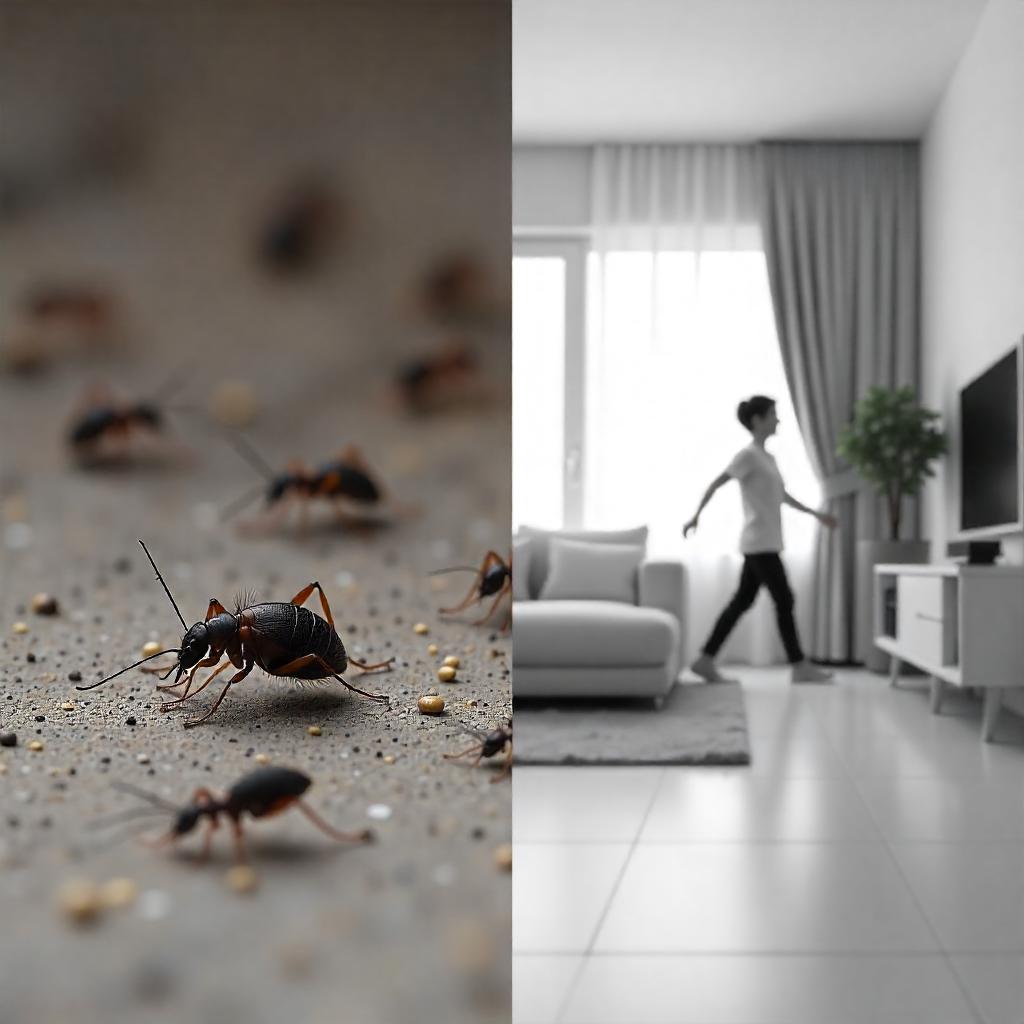
Effective pest control services to ensure long-term success require regular monitoring and adjustment of strategies based on changing conditions and pest pressure. Both reactive treatments and proactive prevention measures are services that would help to achieve the best possible outcomes.
Preventive and Maintenance
Environmental Management
Successful pest control extends beyond treatment to include environmental modifications that make properties less attractive to pests. This is by eliminating moisture sources, food debris, clean and clutter free environments.
Control measures should address both immediate pest problems and underlying conditions that support pest populations. Regular maintenance and monitoring help identify potential issues before they develop into serious pest infestations.
Long-term Strategies
Effective pest control is the process of ongoing management rather than one-time treatment. The long-term control presupposes the regular implementation of the principles of prevention, professional inspections, and immediate reaction to the arising problems.
Future pest problems can often be prevented through proactive measures such as sealing entry points, maintaining proper sanitation, and implementing regular monitoring protocols. This approach helps maintain pest-free environments while minimizing the need for intensive treatments.
Health and Safety Considerations
Food Safety
Pest control plays a crucial role in maintaining food safety standards in both residential and commercial settings. Pests can contaminate food through direct contact, droppings, and the pathogens they carry. Effective control of pests helps prevent foodborne illnesses and maintains hygiene standards.
Commercial food establishments must implement comprehensive pest control measures to comply with health regulations and protect customer safety. This includes regular inspections, staff training, and documented pest control programs.
Public Health
Pest control is used to protect public health by reducing disease transmission risks and eliminating conditions that support pest populations. Many pest species can spread diseases and contaminate food, making professional intervention essential for community health.
Control is used to protect both individual properties and broader community health by preventing the establishment of pest populations that could affect neighboring areas.
Innovation and Technology
Modern Control Methods
Contemporary pest control incorporates advanced technologies such as digital monitoring systems, precision application equipment, and data-driven treatment protocols. The innovations enhance the effectiveness of treatment and minimize the impact on the environment.
Pest control technicians now use sophisticated tools for inspection, monitoring, and treatment application. These technologies enable more targeted approaches that address specific pest problems with minimal disruption to non-target organisms.
M&E
Modern pest control emphasizes continuous monitoring and assessment to track treatment effectiveness and identify emerging issues. This data-driven approach enables pest control professionals to adjust strategies based on real-world results and changing conditions.
Frequently Asked Questions
What is pest control and how is the process defined?
Pest control is the process of managing and eliminating unwanted organisms that threaten human health, property, or comfort. Pest control refers to systematic approaches designed to reduce or eliminate pest populations through various intervention strategies. Control is a process that involves identification, assessment, treatment, and ongoing monitoring to maintain environments without pest problems.
What are the different methods used to control pests?
Multiple methods are used in modern pest management, including chemical, biological, and physical approaches. Physical methods involve barriers, traps, and exclusion techniques, while biological methods utilize natural predators and pathogens. Mechanical control includes devices and equipment used to control pests through non-chemical means. Each approach to pest control is selected based on the specific pest species and environmental conditions.
How does biological control of pests work?
Biological control of pests utilizes natural enemies such as predators, parasites, and pathogens to manage pest populations. This method of pest control introduces beneficial organisms that naturally control pests without chemical intervention. Biological methods can include releasing predatory insects, applying microbial agents, or using pheromone disruption techniques to help control target species effectively.
What is pest control treatment and when is it needed?
Pest control treatment involves the application of specific interventions to eliminate or reduce pest populations. Treatment becomes necessary when pest populations exceed acceptable thresholds or pose immediate health risks. Pest control is done through targeted applications that address specific infestations while minimizing environmental impact. The most suitable time and methodology of treatment are defined by professional evaluation.
How do physical methods help control pest problems?
Physical methods provide non-chemical solutions to control pests through barriers, traps, and environmental modifications. These techniques used for pest control include sealing entry points, installing screens, and using sticky traps. Mechanical control devices such as snap traps and exclusion systems effectively help to control rodent and insect populations without introducing chemicals into the environment.
What role does cultural control play in pest management?
Cultural control involves modifying environmental conditions and practices to make areas less favorable for pest establishment. This approach to pest control includes proper sanitation, moisture management, and vegetation control. Cultural control practices help control pest populations by eliminating food sources, breeding sites, and shelter opportunities that support pest development.
How is insect control different from other pest management?
Insect control requires specialized approaches due to insects’ unique biology and behavior patterns. Various methods are used to control insects, including targeted insecticides, pheromone traps, and biological agents. Insect control strategies must account for rapid reproduction cycles and diverse species requirements, making integrated approaches essential for long-term success.
What pest control issues commonly affect properties?
Common pest control issues include recurring infestations, resistance development, and environmental concerns. Pest damage can result from inadequate treatment or delayed intervention. Control and pest management challenges often arise from improper identification, insufficient monitoring, or failure to address underlying conditions that support pest populations.
How does pest control help prevent property damage?
Effective control of pests prevents structural damage, contamination, and health hazards associated with infestations. Pest control is a method of protecting property values and maintaining safe environments. Pest control may also include preventive measures that address potential problems before they develop into serious infestations requiring extensive treatment.
What makes pest control the use of integrated strategies effective?
Pest control is the use of multiple complementary strategies that work together to achieve sustainable results. Integrated approaches combine chemical, biological, and physical methods are used to address different aspects of pest problems. This comprehensive strategy recognizes that various forms of pest require different intervention approaches, making single-method treatments less effective than coordinated management programs.
Conclusion
Understanding what is pest control and implementing effective management strategies is essential for maintaining healthy, comfortable environments in Dubai and Sharjah. Whether dealing with insect problems, rodent issues, or other pest challenges, professional intervention provides the expertise and resources needed for successful outcomes.
Effective pest control requires a comprehensive approach that combines multiple strategies, ongoing monitoring, and professional expertise. By working with qualified pest control professionals and implementing proactive prevention measures, property owners can maintain pest-free environments while protecting health and safety.
The investment in professional pest control services pays dividends through reduced property damage, improved health outcomes, and enhanced quality of life. As pest challenges continue to evolve, staying informed about modern pest control approaches and working with experienced professionals remains the best strategy for long-term success.
Contact Al Mandhar Pest Control Today
Don’t let pests compromise your comfort and safety. Al Mandhar Pest Control provides comprehensive pest management solutions throughout Dubai and Sharjah. Our experienced team uses the latest techniques and environmentally responsible approaches to eliminate current infestations and prevent future problems.
You can Get Professional Help Now:
Location: 101, al Zarouni Building Frej Al Murar Deira Dubai, UAE
Phone: 043380599
WhatsApp: 0563339199
Email: info@mpcpest.ae
Call us today and get a proper examination and a personalized treatment plan. Our licensed professionals are ready to help you achieve and maintain a pest-free environment using proven, safe, and effective methods.

